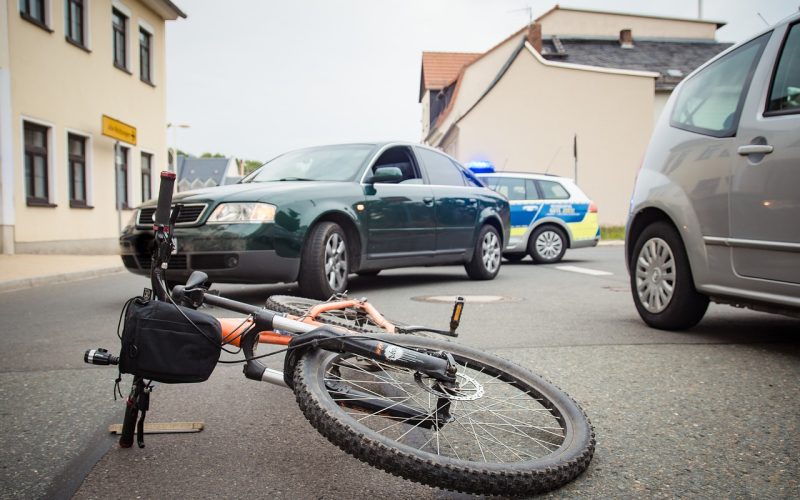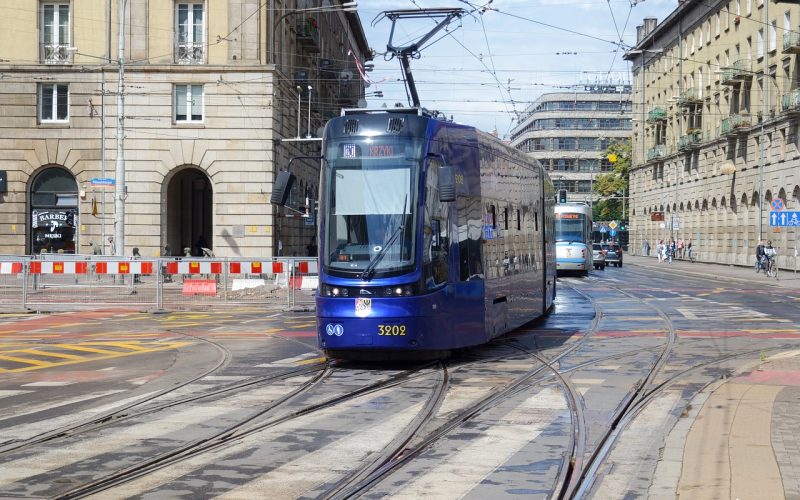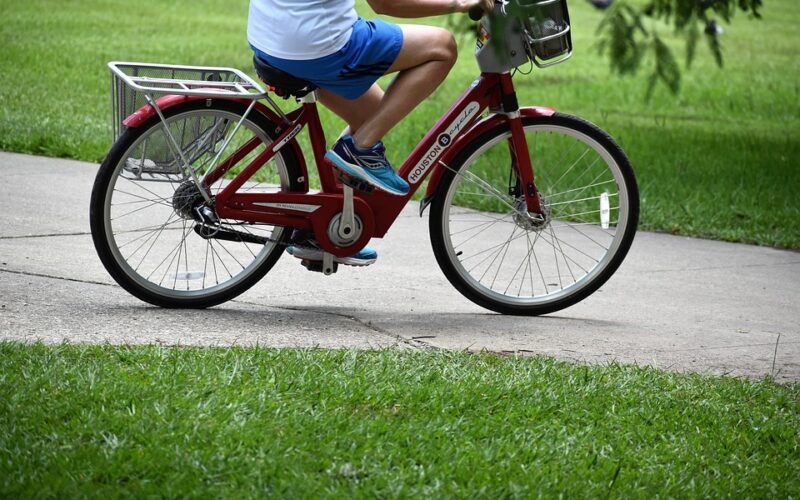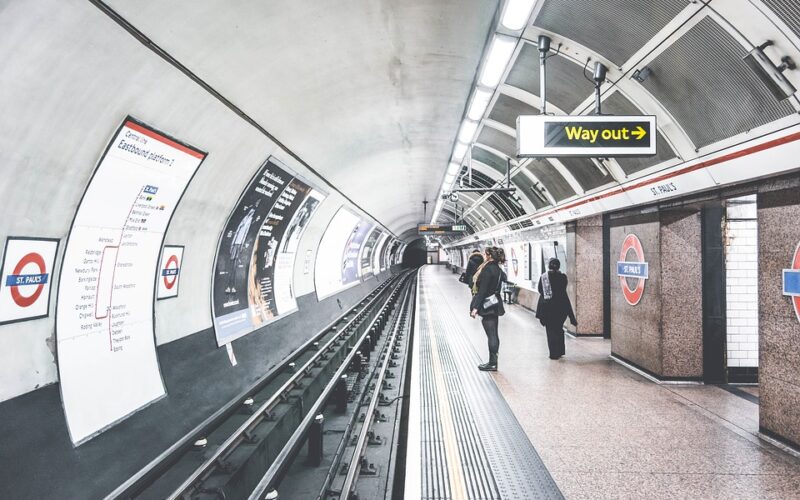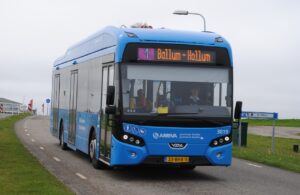In recent years, major cities around the world have been actively seeking sustainable transportation solutions to combat congestion, pollution, and the challenges of urban living. Among the most popular of these solutions are bike and e-scooter hire schemes. London and Paris, two of the world's busiest metropolises, have embraced these eco-friendly transportation options, offering residents and tourists alike a convenient way to explore their urban landscapes.
The rise of bike and e-scooter hire in London
London has long been a pioneer in promoting green transportation. The city's cycle hire scheme, often referred to as "Boris Bikes" after former Mayor Boris Johnson, launched in 2010 and has since become a staple of London's transportation network. With thousands of bikes available across the city, residents and visitors can easily access this service through docking stations situated at key locations.
More recently, e-scooter hire has entered the scene as part of a government-backed trial. These electric scooters offer an additional layer of convenience for short commutes and leisurely rides. Londoners appreciate the freedom of darting through traffic on two wheels, all while reducing their carbon footprints.
Paris's pedal-powered revolution
Across the Channel, Paris has been quick to adopt similar initiatives with its Vélib' Métropole scheme. Launched in 2007, it now boasts one of the largest bike-sharing networks in the world. Parisians have embraced the bike culture, often opting for pedal power over traditional modes of transport, especially in the city's densely populated areas.
E-scooters have also gained popularity in Paris, supplementing its public transportation system. Companies like Lime and Dott provide Paris with a convenient way to cover short distances, allowing users to weave through the picturesque streets of the French capital with ease.
Benefits of bike and e-scooter hire
The advantages of bike and e-scooter hire are manifold. Firstly, they offer a cost-effective alternative to taxis and public transport, making urban travel more affordable. Additionally, these services contribute to reducing air pollution and greenhouse gas emissions, supporting cities in their quest for sustainability.
Furthermore, bikes and e-scooters enhance accessibility. They bridge the gap in public transport networks, especially in areas that lack sufficient coverage. For those who may find walking cumbersome, or when time is of the essence, these modes of transport provide a quick and efficient solution.
Challenges of implementation
Despite their benefits, implementing bike and e-scooter hire programs is not without its challenges. One of the most notable issues is the backlash from local residents. Concerns often revolve around the irresponsible use of these vehicles. Abandoned bikes and scooters can clutter pavements and create obstacles for pedestrians. There are also safety concerns for both riders and pedestrians due to reckless or inexperienced riders.
Cities like London and Paris have had to enforce regulations to address these challenges, such as imposing speed limits, designated parking zones, and penalties for improper use. Education and awareness campaigns also play a crucial role in promoting responsible riding behaviour.
The future of urban mobility
As cities continue to grapple with the demands of modern urban life, the integration of bike and e-scooter hire into transportation networks is likely to expand. The trend reflects a broader movement towards multimodal transport solutions that prioritize sustainability and accessibility.
Looking ahead, advancements in technology, such as improved docking systems and smarter fleet management, may further enhance the appeal and functionality of these services. Collaboration between city planners, transportation companies, and the public will be key to ensuring that these initiatives deliver maximum benefits while minimizing disruptions.
Riding into a greener tomorrow
Bike and e-scooter hire schemes present a compelling case for sustainable urban transportation. London and Paris exemplify how major cities can adapt to these new modes of transport, offering practical, environmentally-friendly, and accessible options for urban dwellers and visitors. While challenges persist, the potential for positive impact on city living and the environment makes the pursuit worthwhile. By riding the green wave, we can all contribute to a cleaner, more vibrant urban future.
